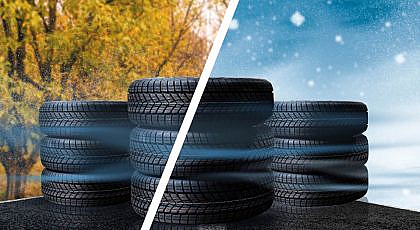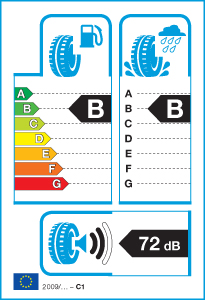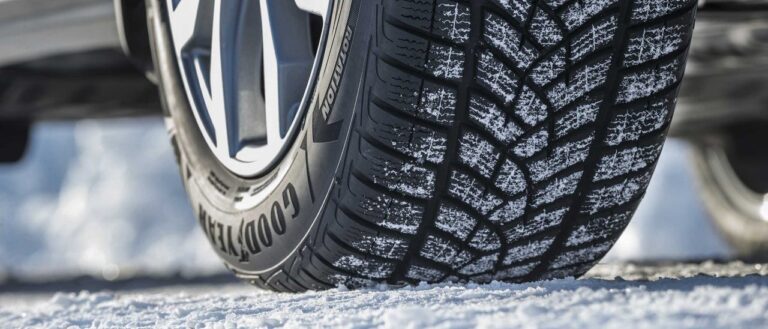Summer vs Winter Tyres: What’s the Difference?
When shopping for new car tyres in the UK, one question often comes up: Should I choose summer or winter tyres? Understanding the differences between them is essential to ensure your safety, fuel efficiency, and driving performance year-round.
In this article, we explain how summer and winter tyres differ, when you should use them, and which option may be right for your car and driving habits.
🛞 1. The Key Differences at a Glance
| Feature | Summer Tyres | Winter Tyres |
|---|---|---|
| Best temperature | Above 7°C | Below 7°C |
| Tread pattern | Fewer grooves, stiffer blocks | Deep grooves, many sipes |
| Rubber compound | Harder (improves performance) | Softer (remains flexible in cold) |
| Performance | Better dry/wet grip in warm weather | Better grip on ice, snow, cold roads |
| Braking distance | Shorter in warm conditions | Shorter in cold/slippery conditions |
🌤️ 2. What Are Summer Tyres?
Summer tyres are designed to provide optimal performance in dry and wet road conditions during warmer months (typically March to October in the UK).
Key Benefits:
- Superior handling and braking on dry roads
- Better fuel efficiency compared to winter tyres
- Lower rolling resistance = less wear
However, below 7°C, the rubber hardens and loses grip — making them less safe during colder months.
✅ Best for: daily UK drivers in spring/summer/autumn with no snow/ice.
❄️ 3. What Are Winter Tyres?
Winter tyres are built to perform in cold, icy, and snowy conditions. Their rubber compound stays soft and flexible even in freezing weather.
Key Features:
- Deep tread patterns channel away slush and snow
- Thousands of tiny sipes improve grip on icy surfaces
- Greatly reduced braking distances on cold roads
⚠️ Winter tyres are not just for snowy conditions — they’re safer even on cold, dry roads.
✅ Best for: drivers in colder UK regions or frequent travellers to rural/highland areas.
🔁 4. Can I Use Winter Tyres All Year Round?
Technically yes, but not recommended.
Using winter tyres in summer:
- Increases wear
- Reduces fuel economy
- May impact braking performance on hot roads
💡 Consider all-season tyres if you want year-round convenience without changing tyres twice a year.
🔄 5. What Are All-Season Tyres?
All-season tyres combine elements of both summer and winter tyres:
- Moderate tread design
- All-weather rubber compound
- Marked with M+S or 3PMSF (Three Peak Mountain Snowflake)
🟢 Ideal for drivers in mild UK regions who want balanced performance without seasonal swaps.
📌 6. UK Legal Requirements
- Winter tyres are not mandatory in the UK, unlike in many EU countries.
- Tread depth must be at least 1.6mm (but 3mm is safer in winter).
- Mixing summer and winter tyres on one vehicle is not recommended.
🚗 Tyres1.co.uk offers both types – with detailed specifications and fitting advice.
✅ CTA – Find the Right Tyres for Every Season
Whether you need maximum performance in summer or confidence on icy winter roads, we’ve got you covered.
- Browse our full selection of summer tyres
- Explore our winter tyre range
- Not sure what fits? Just enter your registration number or contact our expert team.
👉 Free UK delivery and optional mobile fitting available nationwide.




